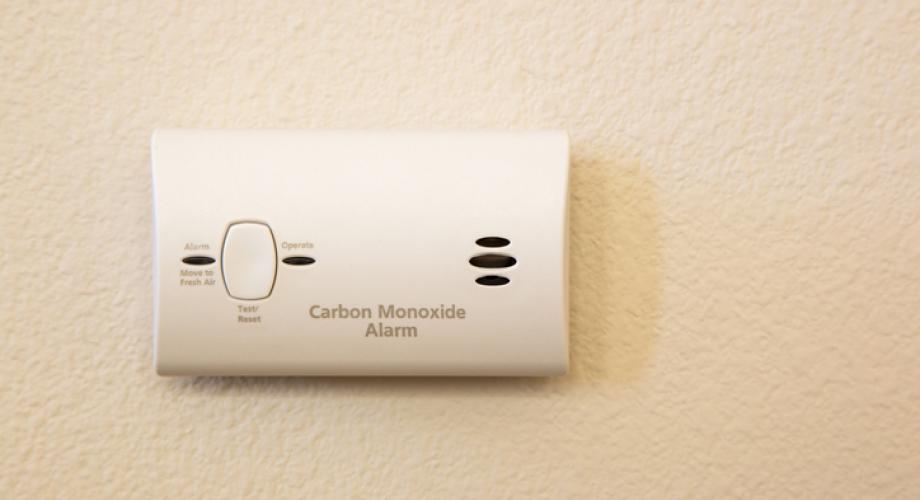On Dec. 27, 2022, a new carbon monoxide detector requirement went into effect for multifamily properties that receive assistance from the U.S. Department of Housing and Urban Development (HUD).
HUD posted a notice about the carbon monoxide (CO) alarm or detector requirements on Jan. 31, 2022. CO alarms or detectors must be installed in each dwelling unit or units that receive federal funding through any of the following programs:
- Public Housing
- Housing Choice Voucher
- Project Based Voucher
- Project Based Rental Assistance
- Supportive Housing for the Elderly (Section 202)
- Supportive Housing for Persons with Disabilities (Section 811)
The covered units must comply with the standards described in chapters 9 and 11 of the 2018 International Fire Code (IFC). In general, this code requires that CO alarms or detectors be installed in dwelling or sleeping units that:
- contain a fuel-burning appliance or fuel-burning fireplace;
- are served by a fuel-burning, forced-air furnace;
- are in buildings that contain fuel-burning appliance or fuel-burning fireplaces; or
- are in buildings with attached private garages.
HUD’s notice also contained information for obtaining financial assistance to help properties come into compliance. In addition, HUD’s Real Estate Assessment Center worked with the International Code Council to create a decision tree for simplifying the determination of whether a CO detector or alarm is needed. There may be funding opportunities available for properties receiving assistance through the Project Based Rental Assistance, Section 202, and/or Section 811 programs in order to assist with CO alarm and detector installation. Owners and operators of units financed through the Housing Choice Voucher or Project Based Voucher programs are responsible for costs of installation.
This CO requirement is a part of larger regulations laid out in Division Q, Section 101 of the Consolidated Appropriations Act of 2021 which went into effect on Dec. 27, 2022, exactly two years after the law’s passage.
For more information on building code and safety issues, please contact Ben Harrold, NAA’s Manager of Public Policy.
